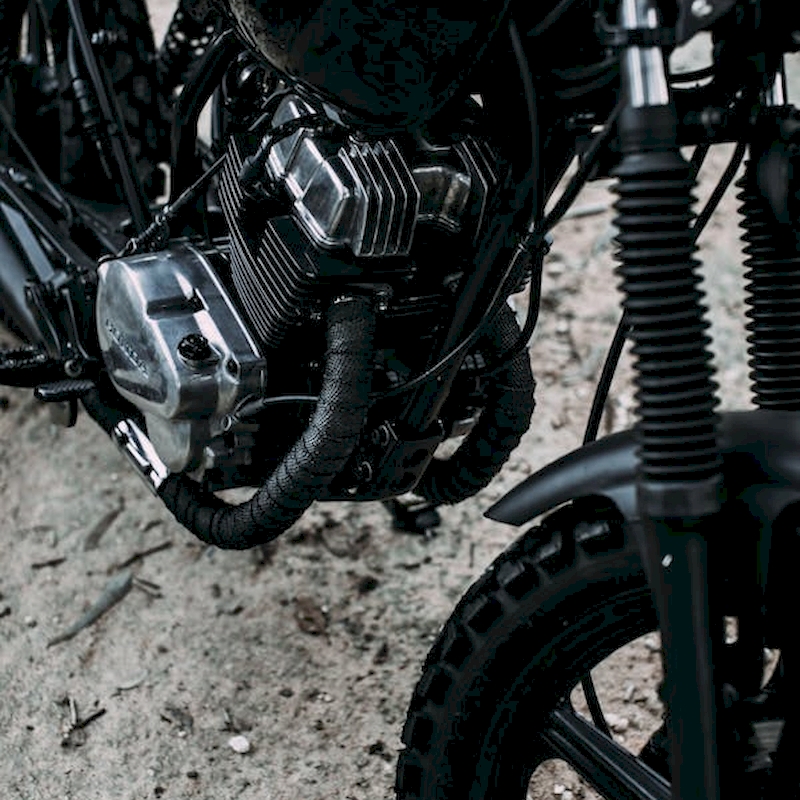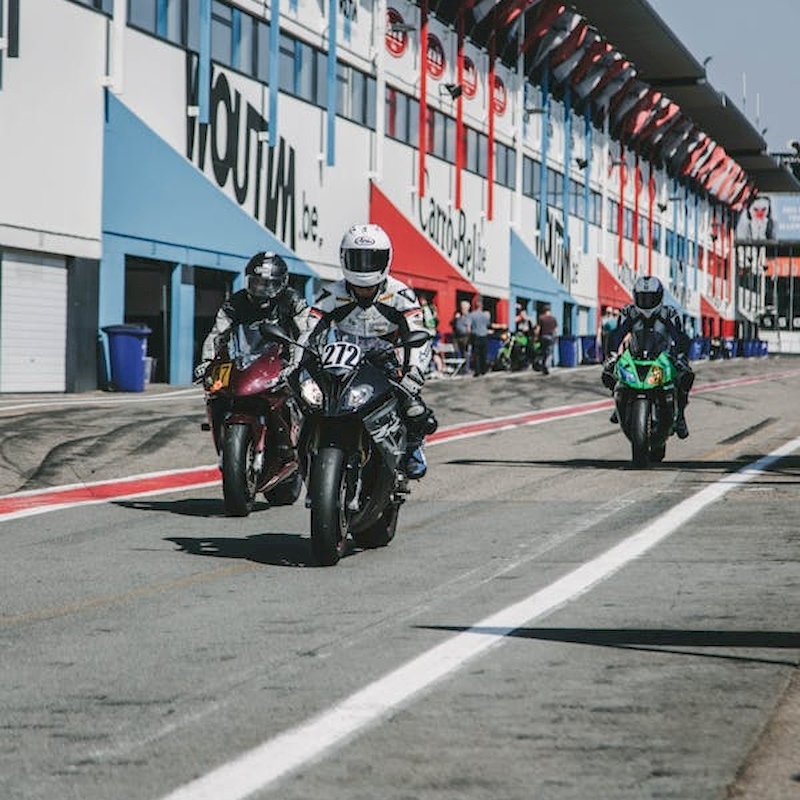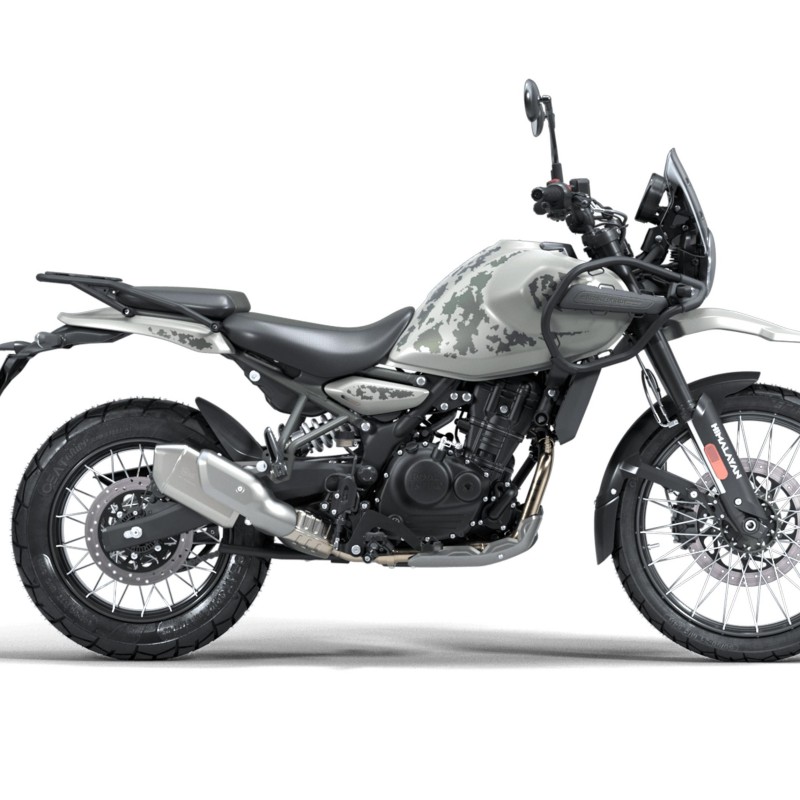Motorcycles can be thrilling machines that represent freedom and adventure, but there comes a time when you may find yourself facing the question: how to sell my motorcycle? Whether you want to upgrade to a newer model, need funds for another purpose, or simply no longer ride as often, selling your bike can be a rewarding experience if you know how to sell my motorcycle. This guide will walk you through every step of the selling process, offering valuable tips that range from preparing your bike for sale to negotiating with potential buyers and finalizing the deal. Not only will you learn the complexities of determining the right price, but you’ll also acquire strategies to market your motorcycle effectively to attract serious buyers.

Preparing Your Motorcycle for Sale
Before you even think about advertising your motorcycle, it’s essential to ensure that it’s in optimal condition. Here, we’ll discuss the necessary steps to prepare your bike for sale adequately.
Clean and Detail Your Motorcycle
A clean motorcycle can significantly impact a buyer’s first impression. Begin by giving your bike a thorough wash. Be meticulous; pay attention to details like polishing the chrome, cleaning the chains, and ensuring the tires are in good shape. You might even consider a professional detailing service for an extra touch. A spotless and well-maintained motorcycle suggests that it has been cared for, instilling confidence in potential buyers.
Perform a Mechanical Check-Up
It’s wise to have a professional mechanic inspect your motorcycle to identify any issues before you list it for sale. Potential buyers will appreciate that you are transparent about the bike’s condition. Common checks should include the oil level, brake function, tire tread, and electronics. Fixing minor issues can increase your bike’s value and speed up the sales process.
Gather Documentation
Buyers will want to see the motorcycle’s title, registration, and any service records you have. Having this documentation organized can help answer questions and instill trust with prospective purchasers. If you have any upgrades or modifications, provide receipts or records to show what’s been done. This transparency enhances your motorcycle’s appeal.
Setting the Right Price
Determining a fair price is one of the most critical aspects of selling your motorcycle. Accurate pricing can mean the difference between a speedy sale or your bike lingering in limbo.
Research Comparable Listings
Begin by researching motorcycles similar to yours in terms of make, model, year, condition, and mileage. Websites like Craigslist, Cycle Trader, and Facebook Marketplace can be useful resources. Look at sold listings as well to gauge the actual sale prices rather than just asking prices.
Use Pricing Tools
There are several online tools that can help you determine the current market value of your bike. Websites such as Kelley Blue Book or NADA Guides can give you an estimated value based on your bike’s specifics. These tools consider various factors such as mileage, condition, and regional market variations.
Factor in Negotiation
Remember that most buyers will expect to negotiate. Therefore, it might be wise to price your motorcycle slightly higher than your minimum acceptable price to give yourself room for negotiation. Set a price that you believe is fair but one that you also feel you can substantiate to potential buyers.
Marketing Your Motorcycle
Once you’ve prepared your motorcycle and set a price, it’s time to spread the word. Effective marketing can attract serious buyers.
Create Compelling Listings
Taking high-quality photos from various angles is crucial. Highlight unique features, upgrades, or any custom work. Write a description that is engaging and informative. Highlight not just specifications but also the feel and experience of riding the motorcycle. Differentiate your listing by including keywords, such as “well maintained” or “low mileage” to enhance visibility in search results.
Leverage Multiple Platforms
Don’t limit yourself to just one platform. Utilize social media, forums, and specialized motorcycle selling platforms. The broader your advertising reach, the greater your chances of finding a buyer quickly. You can also consider local bulletin boards or community groups as additional platforms to promote your motorcycle.

Consider Local Motorcycle Groups
Engaging with local motorcycle clubs or groups can be advantageous. These communities often have members who are in the market for a motorcycle or know someone who is. Networking can lead to a quick sale at a fair price, and members may appreciate the camaraderie associated with buying from a fellow enthusiast.
Meeting Potential Buyers
When you have interested buyers, knowing how to sell my motorcycle is essential to secure the sale.
Arrange Safe and Convenient Viewing Opportunities
Choose a public location to meet potential buyers, ideally somewhere where you can also showcase the bike. This allows for safety and offers the buyer confidence in regards to legitimacy. Ensure the motorcycle is clean and presentable for the meeting.
Be Prepared to Answer Questions
Be ready to provide detailed answers about your motorcycle’s history. Potential buyers will have queries about maintenance, previous owners, and reasons for selling. Open and honest communication can build trust and may expedite the sale process.
Offer Test Rides Carefully
If a buyer wants to take a test ride, consider asking for their driver’s license and perhaps a deposit to ensure that they are serious. Safety should be a priority, so make sure the buyer has the necessary motorcycle endorsement on their license before allowing them to ride.
Negotiating the Sale
Negotiation can be a delicate dance, and knowing how to sell my motorcycle will include mastering this step.
Be Firm yet Flexible
While you should have a bottom line in mind, it’s essential to be prepared for some give-and-take during negotiations. Listen to your buyer’s offers and concerns, and use your research to justify your price. Emphasize the bike’s best features and unique selling points to validate your pricing.
Consider Bundling Items
Sometimes offering additional items like riding gear, extra parts, or accessories can sweeten the deal for buyers. This can often help justify a higher sale price and make the offer more appealing without significantly decreasing your profit margin.
Closing the Deal
Once you and the buyer have agreed on a price, it’s time to finalize the sale. Make sure to go through the necessary steps properly.
Finalizing the Sale
The closing phase is critical in ensuring everything is handled legally and that both parties are protected.
Prepare Bill of Sale and Transfer of Title
A bill of sale should include the purchase price, bike details, and both parties’ information. Both seller and buyer should sign a copy. Always ask the buyer to sign a receipt upon completion of the transaction to document they have received the motorcycle.
Ensure Payment Security
When it comes to receiving payment, cash is king, but not always the most practical choice. If accepting electronic payments, use secure methods to avoid any fraud. Consider using services that provide buyer and seller protection. Be cautious with personal checks; these can bounce.

Follow Registration Protocol
Once the sale is complete, make sure to follow your local regulations regarding title transfer. Report the sale to your local DMV to avoid future liability and ensure that the new owner can register the motorcycle under their name without complications.
Conclusion
Selling a motorcycle involves more than just slapping a “for sale” sign on it. Knowing how to sell my motorcycle effectively requires preparation, research, and a strategic approach to marketing and negotiations. From ensuring your bike is in pristine condition, accurately pricing it based on thorough research, and navigating the intricacies of meeting with buyers, every step is crucial for a successful sale. Don’t forget the importance of clear communication and documentation, which can protect you and enhance the buyer’s experience. By following these guidelines, you’ll increase your chances of closing a profitable deal swiftly, making the transition away from your motorcycle an effortlessly satisfactory process.
